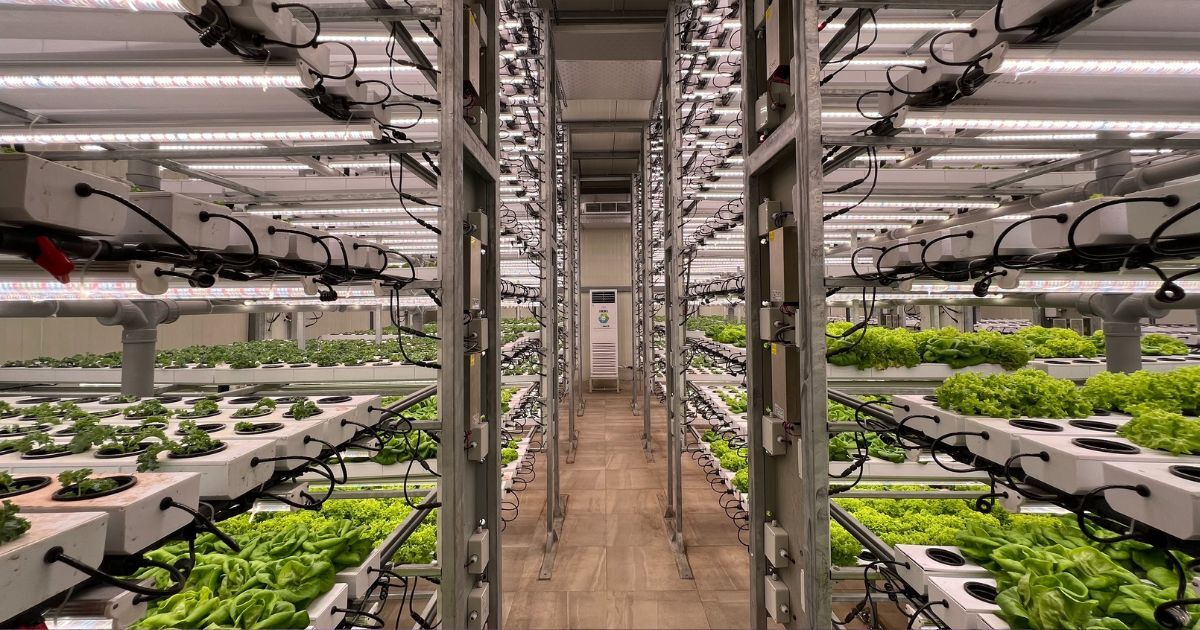Environmental life-cycle assessment, an important tool

Purchased from Istock.com. Copyright
Research professor Annie Levasseur’s natural tendency is to see the glass half full rather than half empty. This is undoubtedly what allows her to be somewhat optimistic when it comes to climate change.
And yet the news is troubling. But can we really talk about “news” when we consider that we have known about global warming and its impact on the climate for more than 30 years? The most recent report published by the Intergovernmental Panel on Climate Change (IPCC) in October 2018 is clearly alarming. The 91 signatories to the report even doubt that human beings will be able to do what it takes to stop the progression of this deadly phenomenon. “Pathways limiting global warming to 1.5°C with no or limited overshoot would require rapid and far-reaching transitions in energy, land, urban and infrastructure (including transport and buildings), and industrial systems,” states the report.
Using LCA at a higher scale to help develop policies

Annie Levasseur, professor in the Construction Engineering Department at ÉTS
This young researcher has been working for more than 10 years to develop diagnostic tools using a life-cycle assessment (LCA) approach. These tools would be used to assess the overall environmental impacts of engineering activities in general and, more specifically, their effect on climate change.
She is especially interested in using techno-economic system modeling in the energy sector and dynamic models to assess repercussions on climate change. She is working with a professor at HEC to explore ways to use LCA to develop policies based on future-oriented techno-economic optimization models. “LCA is a fascinating and essential tool that enables us to consider both upstream and downstream elements,” she explains.
Helping cities reduce their greenhouse gas (GHG) emissions
Annie Levasseur’s research, particularly her project to inventory GHG emissions at high spatial and temporal resolution in urban areas, is of great interest to both the scientific community and the various levels of government. This project ultimately consists of developing a map of the city showing GHG emissions distribution across space and time. Models will be developed to improve the accuracy of the estimates and to determine their geographical and temporal distribution. The objective of this tool is to improve GHG emissions representation of the community, to better assess the impact of deployed GHG emission reduction measures and to provide tools for citizen awareness and involvement.


